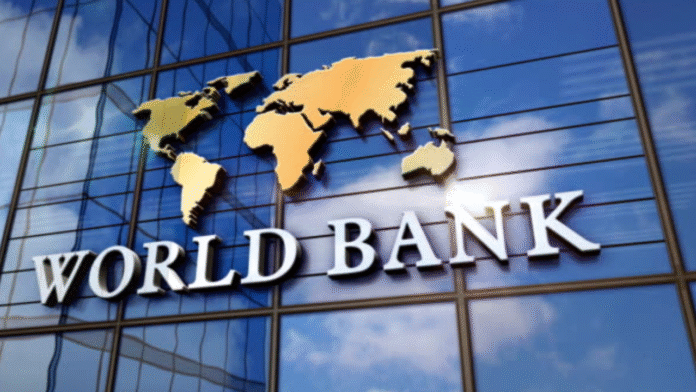Kenya is on the cusp of unlocking a critical Ksh97 billion (around US$750 million) loan from the World Bank following President William Ruto’s assent to the much‑debated Conflict of Interest Bill, now enacted as law on 30 July 2025.
The long‑pending legislation had stalled key multilateral financing tied to governance reforms, and its final approval represents a landmark moment in Kenya’s fiscal planning and institutional integrity agenda.
The World Bank had conditioned the pending tranche of its Development Policy Operation (DPO) facility amounting to Ksh97.08 billion on the enactment of the conflict of interest law, which aims to tighten oversight of public officials, mandate asset and gift disclosures, and prohibit preferential treatment in public contracting.
With the bill now signed into law and both the National Assembly and Senate having incorporated President Ruto’s recommended amendments by early June, the final legislative hurdle has been cleared.
Treasury Cabinet Secretary John Mbadi confirmed that most of the prior actions required by the lender have now been met, with outstanding conditions expected to be resolved promptly.
The Board of the World Bank has signalled readiness to approve disbursement in early June, allowing Kenya to access the full facility by month‑end.
Central Bank Governor Kamau Thugge echoed this optimism, saying discussions with the Bank indicated both macroeconomic and legislative criteria appear satisfied.
Prior to the assent, the loan had been delayed due to presidential concerns that weakened clauses such as lax definitions of conflict of interest, failure to mandate strict wealth declarations, and the dilution of ethics oversight would undermine its effectiveness.
The President had returned the Bill to Parliament in April, pointing out these deficiencies and demanding stronger enforcement mechanisms under the Ethics and Anti‑Corruption Commission (EACC).
As debt repayments especially to China mount and domestic tax revenue remains subdued, Kenya’s reliance on external budget support has increased. After the IMF prematurely ended its programme, the World Bank’s DPO has emerged as the main lifeline for fiscal relief.
The frozen loan created a Ksh97 billion fiscal hole through June, prompting the Treasury to plan a third supplementary budget to avert a funding crisis.
The KSh97 billion tranche is part of a broader commitment by the World Bank to disburse up to Ksh1.55 trillion (USD 12 billion) to Kenya between 2024 and 2026, including facilities for infrastructure, public service reform, and pandemic response measures.
The successful passage of the Conflict of Interest Act now puts the government on track to unlock these funds, relieving pressure on domestic borrowing and lending credibility to its anti-corruption efforts.
With the Act now in force, EACC gains consolidated authority to oversee compliance across all arms of state including enforcing wealth disclosures and gift registers for public officers in the Executive, Legislature, and Judiciary.
The new law replaces previous fragmented ethics statutes with a unified legal framework designed to curtail conflicts of interest and reinforce public service integrity.
As Kenya moves to finalize the World Bank disbursement, attention now turns to Senate consideration for concurrence with the National Assembly’s revised version.
If approved, the funds could begin flowing imminently bringing urgent fiscal relief and reaffirming Kenya’s commitment to governance reforms as conditions for international support.
Written By Ian Maleve



















